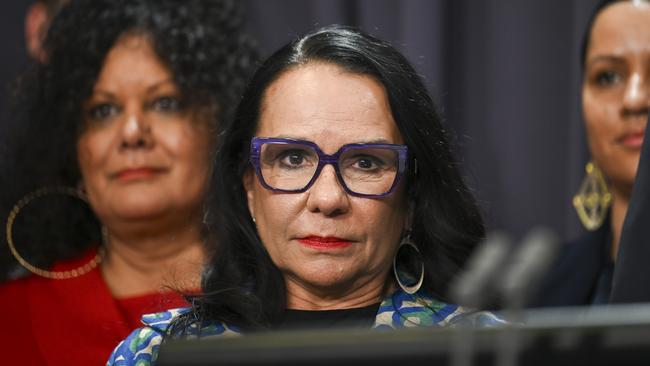
What’s more, she has fallen into the trap of seeking to limit the scope of the voice to parliament to reassure people concerned about its powers while simultaneously angering Indigenous leaders by putting limits on what the voice can do.
By declaring, under intense questioning, the voice “won’t” be seeking to alter the date of the January 26 Australia Day public holiday the Indigenous Australians Minister made two critical errors. The first was to declare what the voice won’t be doing – under the proposed constitutional change neither Burney nor the parliament can say what voice representatives can’t seek to influence because of the constitutional power the voice will have and the right to instigate its own actions.
Burney was trying nicely to say the voice wouldn’t be wasting its time on public holidays – a refrain Anthony Albanese has used repeatedly – but couldn’t say it can’t.
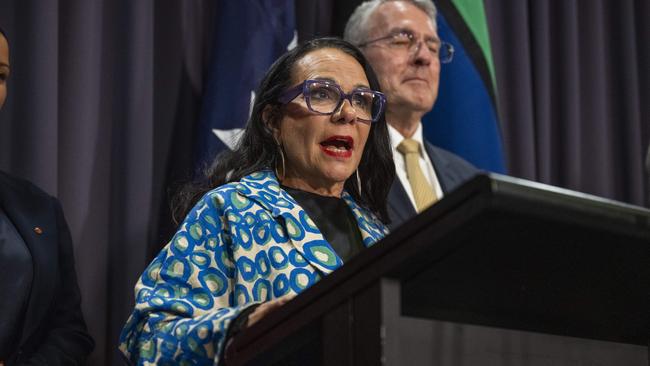
The second error, ironically an attempt to mock and belittle “ridiculous notions and underhand tactics” from the No campaign, was to actually tell Indigenous leaders what their priorities and interests would be. Astoundingly, Burney and the Prime Minister have made this mistake before by declaring the voice wouldn’t have a place on the national cabinet or a role in foreign affairs, tax or environmental safeguards.
Months ago they were contradicted by Indigenous leaders who said decision-making at every level from the RBA to the Barrier Reef was within the voice remit and they would not be “shut up”.
The government is caught in a contradictory bind trying to reassure cautious voters the voice will not have a wide impact on day-to-day government or affect the lives of 97 per cent of the population while trying to tell Indigenous leaders the opposite.
Even the Prime Minister conceded on Tuesday the reason for sliding public support for the voice was that people wanted more information about how it would work.
“Well, I think they want further information, and it’s always easier to get a No vote than it is to get a Yes vote in a referendum. History tells us that that is the case,” he said.
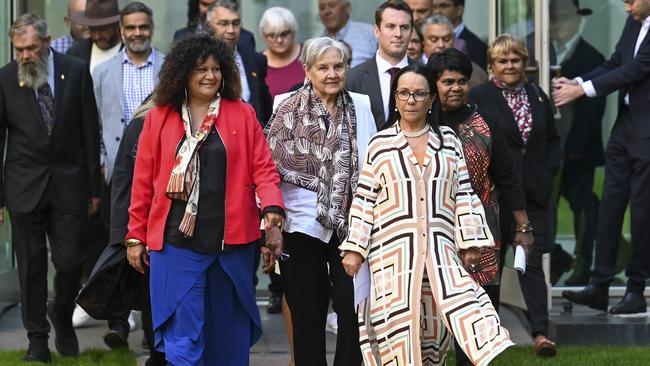
But Albanese has not fallen into the trap Burney did by trying to set limits on what the voice will or will not do because it is clear it is simply not possible for anyone to define the scope of the voice’s impact before the referendum.
Burney’s performance improved in question time on Tuesday because she used a script provided by Mark Dreyfus as Attorney-General during the passage of the referendum legislation.
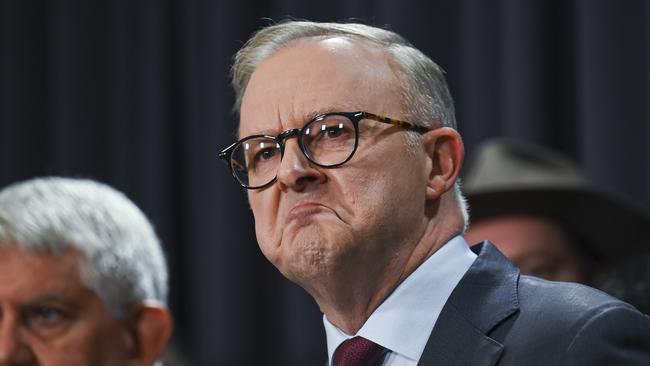
Even though Dreyfus’s argument also falls into the trap of arguing there are controls on the voice he can’t guarantee, it was an improvement on Burney’s inability to answer any questions on Monday.
Her performance will now be measured not by the marginal improvement but by the twin failure of attempting to mislead the public and seeking to limit the voice she is fighting for.


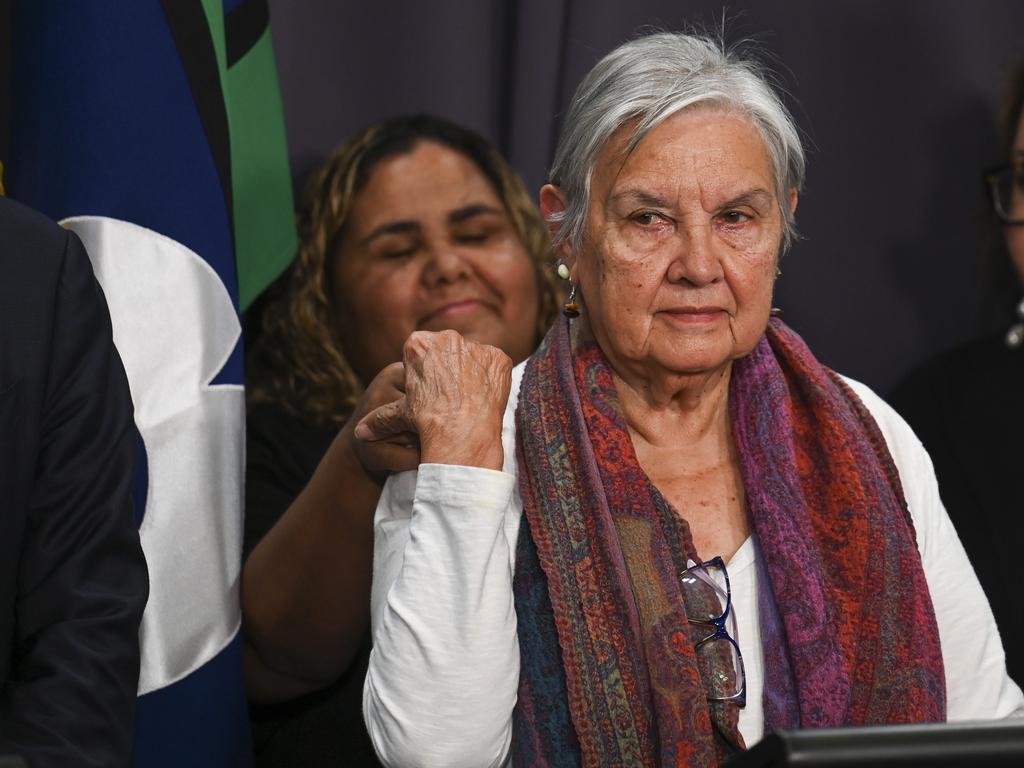

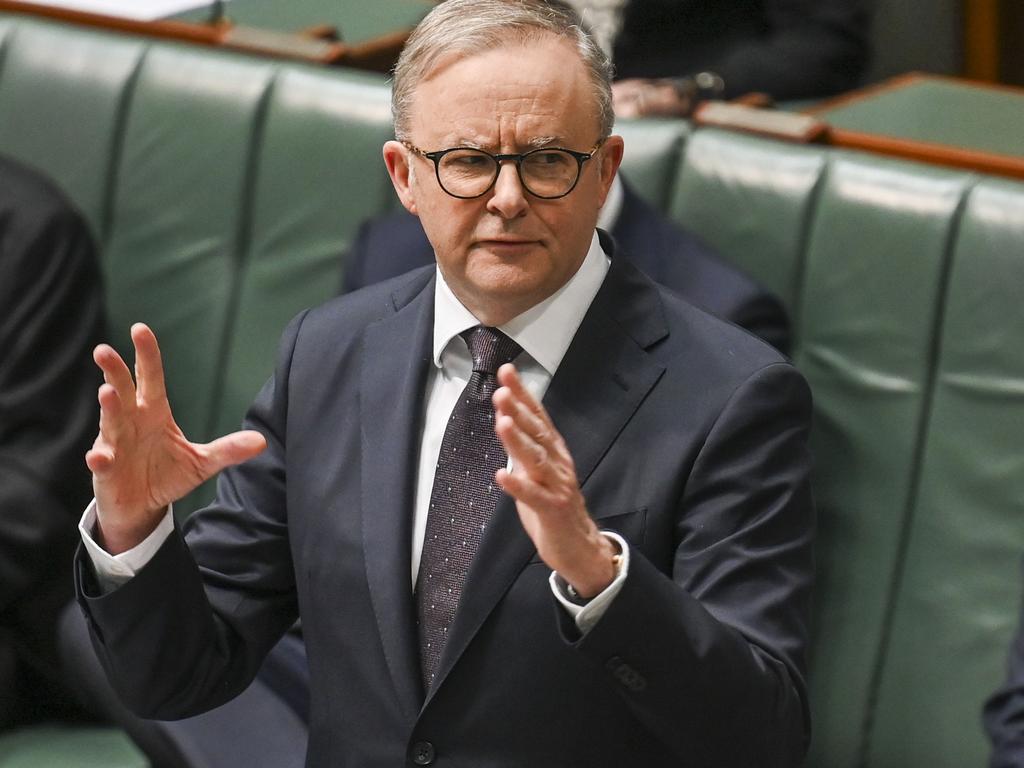
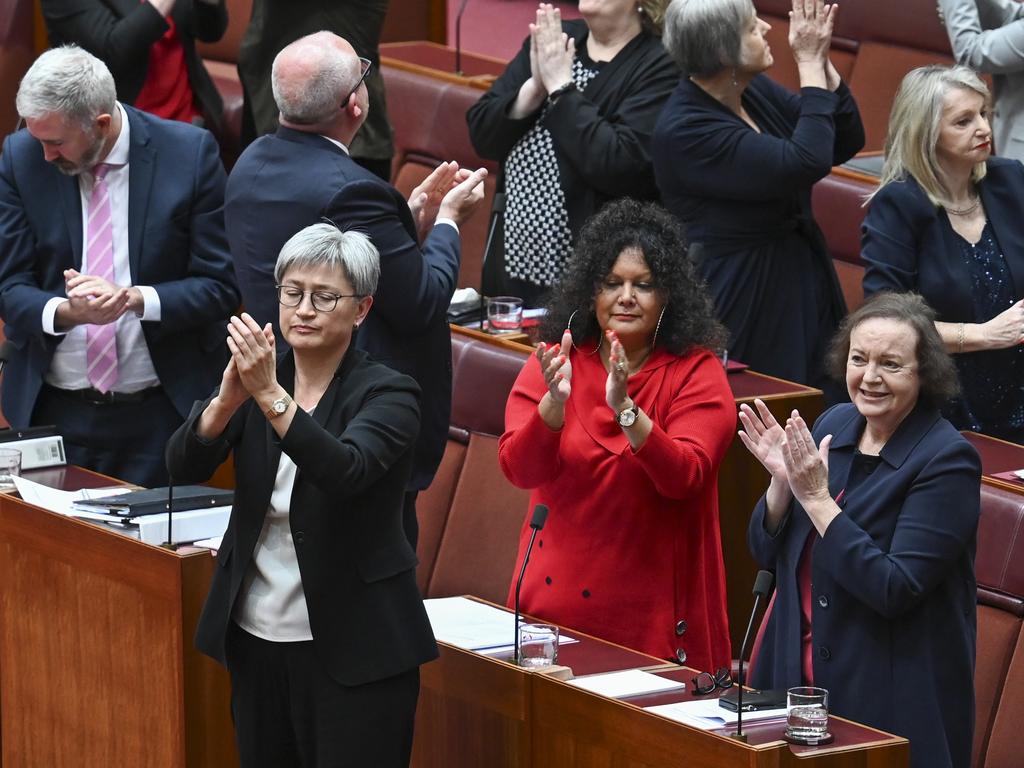


Linda Burney has bungled the selling of the Yes campaign for an Indigenous voice to parliament only 24 hours after referendum legislation passed the Senate with a factually unsustainable claim about what the voice can and will do.